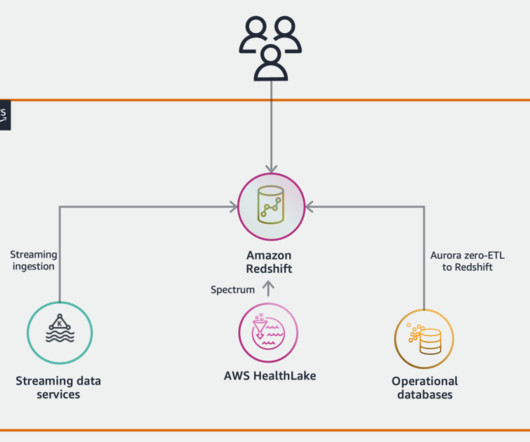Minimizing Supply Chain Disruptions with Advanced Analytics
Cloudera
AUGUST 3, 2021
Advanced analytics and enterprise data are empowering several overarching initiatives in supply chain risk reduction – improved visibility and transparency into all aspects of the supply chain balanced with data governance and security. . Improve Visibility within Supply Chains.

















Let's personalize your content